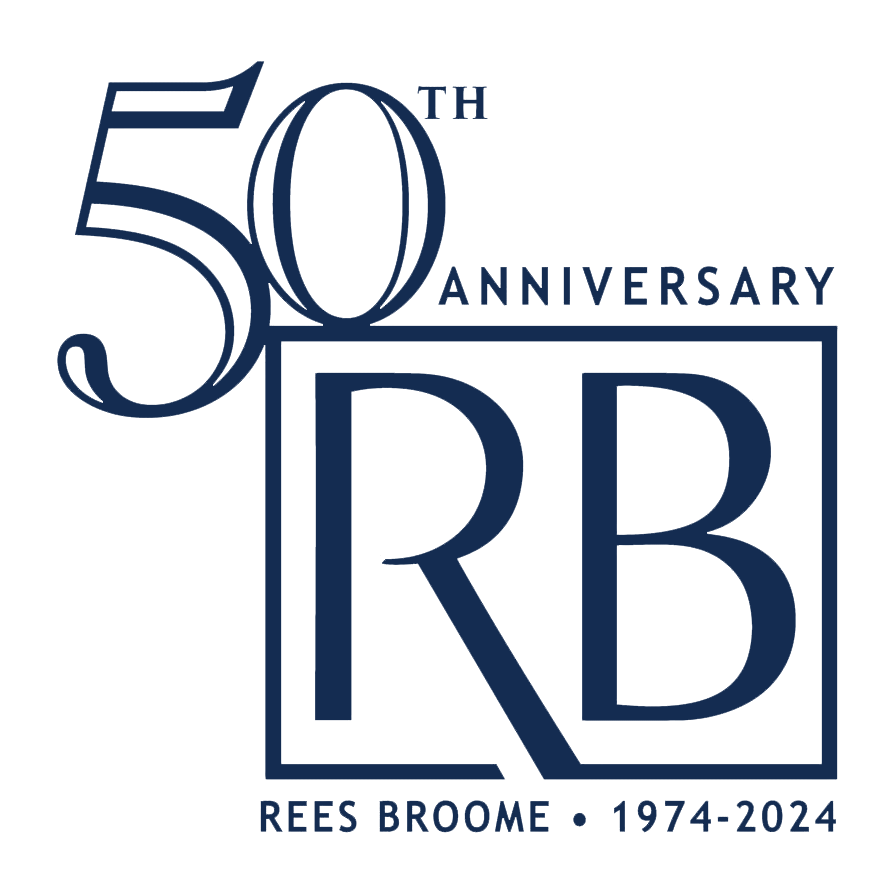By: Kathleen N. Machado and Kelly Zook Sweeney
It was a busy legislative session for the Virginia General Assembly in Richmond this year with over 2,634 bills introduced and 822 bills passed. Below is a summary of some of the more impactful legislation affecting common interest communities in Virginia.
Senate Bill 1291 amends Section 16.1-77 of the Virginia Code to raise the jurisdictional maximum limit for all claims filed within the general district courts in Virginia from $25,000 to $50,000. This allows our common interest communities (CIC) to continue to file most of their assessment debt collection cases in the lower courts, bypassing the more cumbersome and time-consuming circuit courts.
House Bill 2750 amends Section 54.1-2353 of the Virginia Code to state that within a reasonable period time after termination of its management contract, and with no additional cost to CIC, a CIC manager must transfer and release all CIC funds to the CIC and close all bank accounts.
There were two changes to the Resale Disclosure Act. First, House Bill 2110 which prohibits any requirement that a purchaser’s name be provided in order to receive a resale certificate. Second, Senate Bill 808/House Bill 1704 amends the Act to include a new mandatory disclosure in the certificate, requiring a statement as to whether a unit owner may be assessed a master insurance policy deductible. For condominiums in particular, it is important to check the governing documents for the CIC and possibly consult with your legal counsel to determine what to disclose in your CIC certificate. This amendment will require an update of the resale certificate forms posted upon the Department of Professional and Occupational Regulation website. Keep checking back for the updated forms before July 1, when the law goes into effect.
There were quite a few bills that did not pass and which CICs should continue to monitor for possible impacts.
House Bill 1864 was a piece of legislation amending Section 34-14 of the Virginia Code which would have impacted the bank garnishment process, a powerful and common tool in CIC collection of assessment debt via monetary judgments. This legislation would have automatically exempted from garnishment the first $5,000.00 held in a bank account. The bill had proposed amendments introduced to reduce the exemption but ultimately, did not pass.
House Bill 2542 proposed to amend the Property Owners’ Association Act, the Condominium Act, and the Real Estate Cooperative Act (Sections 55.1-1823.2, 55.1-1962.2, 55.1-2139.2). The General Assembly passed over the bill but we may see further consideration of this legislation in some form in the 2026 session. In May of 2025, the Virginia Housing Commission began reviewing the legislation and discussing its benefits and drawbacks. The bill would have denied CICs the ability to prohibit owners from installing amateur radio antennae (HAM Radios) upon their Lots and Units, as well as shared roofing structures, patios, balconies and other areas owned by the individual owners or appurtenant to their units, unless expressly prohibited under the restrictive covenants of the CIC. The legislation does grant CICs limited rule making authority over the size, place and manner of the proposed installations. Some concerns about this legislation raised by CIC stakeholders include, impractical expectations for the CIC volunteers to understand what sort of rules would be unreasonable without expertise in HAM radio equipment, inability for CICs to enact meaningful aesthetic controls over the installations as many covenants do not contemplate HAM radio antennae specifically and instead rely upon generalized grants of authority for the CIC to regulate external alterations to Lots, damage and voiding of warranties covering shared roofing in a condominium, and CIC loss of meaningful control over installations upon certain components that the CIC has the duty to maintain and repair at the expense of all owners. Stay tuned on next year’s session to see where this legislation goes.
House Bill 2078 is a piece of legislation that was passed over and may come back in future sessions. The bill would have allowed age-restricted CICs to be considered a qualified organization that can conduct charitable gaming such as bingo subject to certain limitations (number of days, and maximum on prizes). The legislation is largely considered a positive and welcomed initiative for age-restricted CIC communities.
